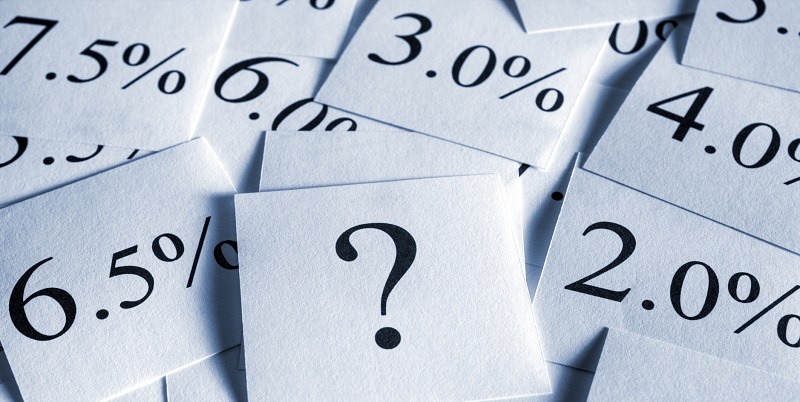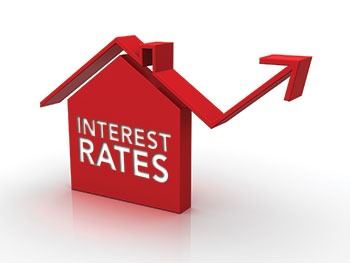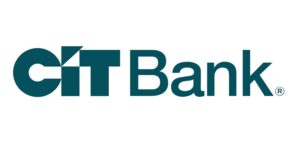 Have you ever wondered about the difference between APY and APR interest rate? These are a couple terms used to describe most of your accounts.
Have you ever wondered about the difference between APY and APR interest rate? These are a couple terms used to describe most of your accounts.
While all these numbers may seem confusing and boring at first, understanding what they mean could make the difference for the most important number of all: Your bank account balance. It could be the difference in earning $120 dollars versus earning $100.
Although the difference may not be significant, over time that difference can add up and could make you a lot of money in the long run. The first step is to understand what APR interest rates and APY are, and how they affect your balance.
Editor’s Note: If you are interested, be sure to check out these promotions from other banks such as HSBC Bank, Chase Bank, Huntington Bank, Discover Bank, TD Bank, BBVA Compass Bank or CIT Bank.
Difference Between APY and APR Interest Rate
 Annual Percentage Rate: The most important number of any savings/investment account should be the annual percentage rate. The interest of any account should be fairly simple. It is the amount of money that an account/loan will increase by, over a certain period of time.
Annual Percentage Rate: The most important number of any savings/investment account should be the annual percentage rate. The interest of any account should be fairly simple. It is the amount of money that an account/loan will increase by, over a certain period of time.
The second most important about it is how often it is compounded. Most banks like to compound either daily, quarterly, semi-annually, or annually. The more often you compound it, the more interest you are going to accumulate, because it will create interest from the interest you’ve accumulated in addition to your previous funds as well.
 Annual Percentage Yield: This number is used to simplify your earnings. You could be offered an interest rate of 4.0% percent with a daily compound period, versus an interest rate of 4.1% with an annual compound period.
Annual Percentage Yield: This number is used to simplify your earnings. You could be offered an interest rate of 4.0% percent with a daily compound period, versus an interest rate of 4.1% with an annual compound period.
One may have the higher interest rate, but the other has a smaller compound period, so at a glance you can’t determine which one would make more money in the long run. The APY takes the two most important factors, the interest rate and the compound period, and presents it as a singular percentage of what you would make in a year.
Example of Compound Interest
To help you understand the effect of interest, the table below is an example of what you could potentially be making in 10 years with a principal balance of $1,000 at an interest rate of 5%. After 10 years, you will earn 50% more than what you earned your first year.
You’ll notice that the amount of interest is always increasing, while the rate remains the same. This is because the interest rate affects the amount they’ve earned in additional to the principal balance. With compound interest, the savings are endless!
| Year | Starting Balance | Interest Rate | Interest Earned | Ending Balance |
| 1 | $1,000 | 5% | $50.00 | $1050.00 |
| 2 | $1050.00 | 5% | $52.50 | $1,102.50 |
| 3 | $1102.50 | 5% | $55.13 | $1,157.63 |
| 4 | $1157.63 | 5% | $57.58 | $1,215.51 |
| 5 | $1215.51 | 5% | $60.78 | $1,276.28 |
Now that you know the power of interest, you can apply it to your other accounts as well. Certificates of Deposit are certificates given by a bank for people who are depositing their money for a specific amount of time.
While there is a penalty for early withdrawal, they typically have a higher interest rate than most savings accounts. To learn more and compare all the rates nationwide, you can see our complete list of Best CD Rates.
 |
 |
Bottom Line
Now that you understand the difference between APY and APR interest rates, you’ll never be tricked into earning less. You are now well on your way to being a banking expert! If you are looking for high rates with a checking account, there are Rewards Checking accounts, which typically have a higher APY, but come with certain requirements.
If you want to learn more, you can visit our complete list of Rewards Checking Accounts. Also if you would like to see all the latest bank rates nationwide, be sure to view our full list of Best Bank Rates and find one in your area. With some savings accounts, not only can you take advantage of a high interest rate, you can also earn a bonus as well! For a complete list, you can check out our complete list of Savings Account Promotions.




Leave a Reply